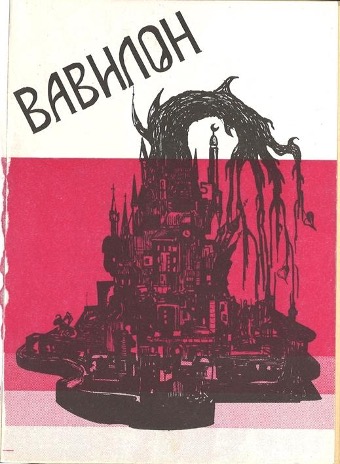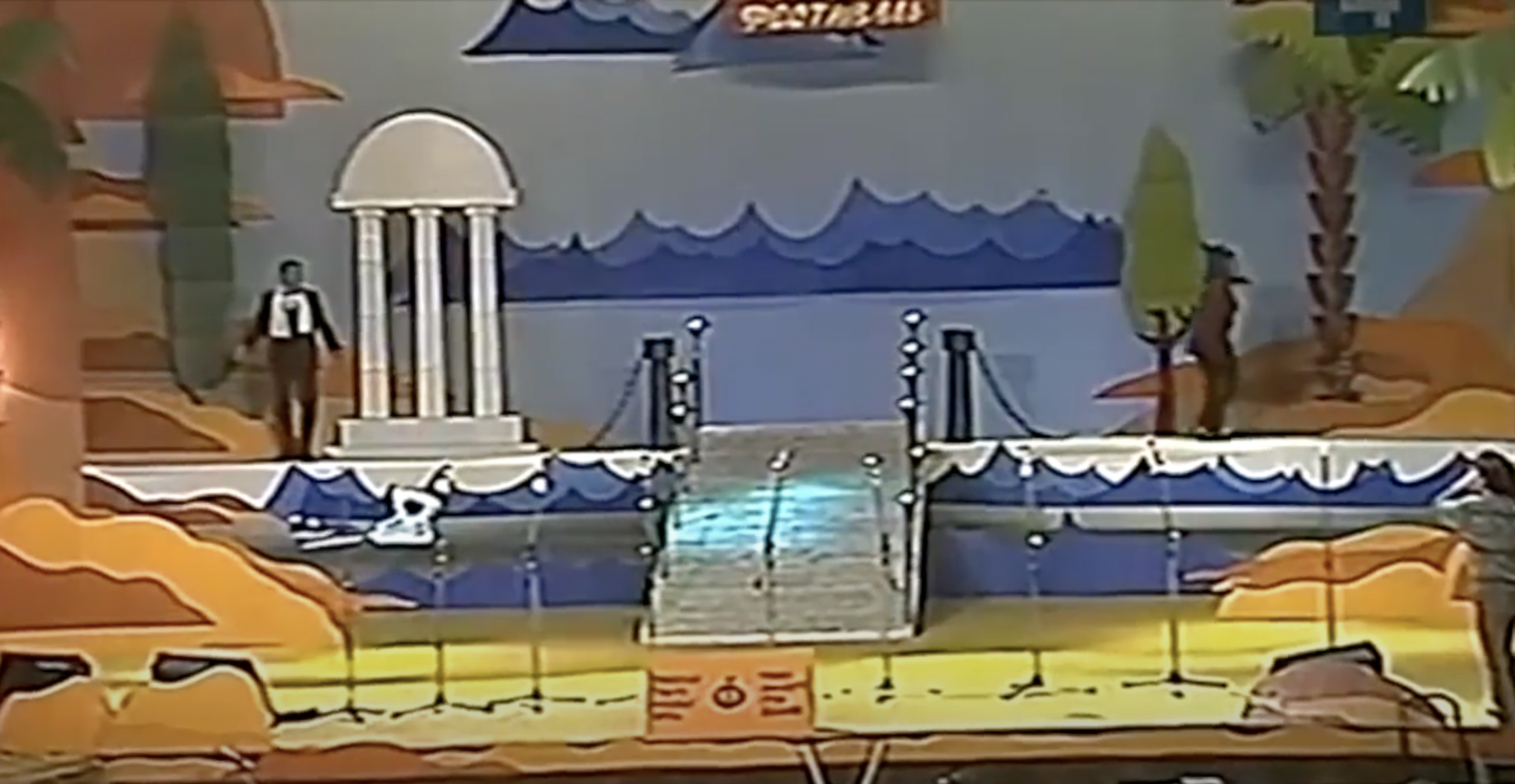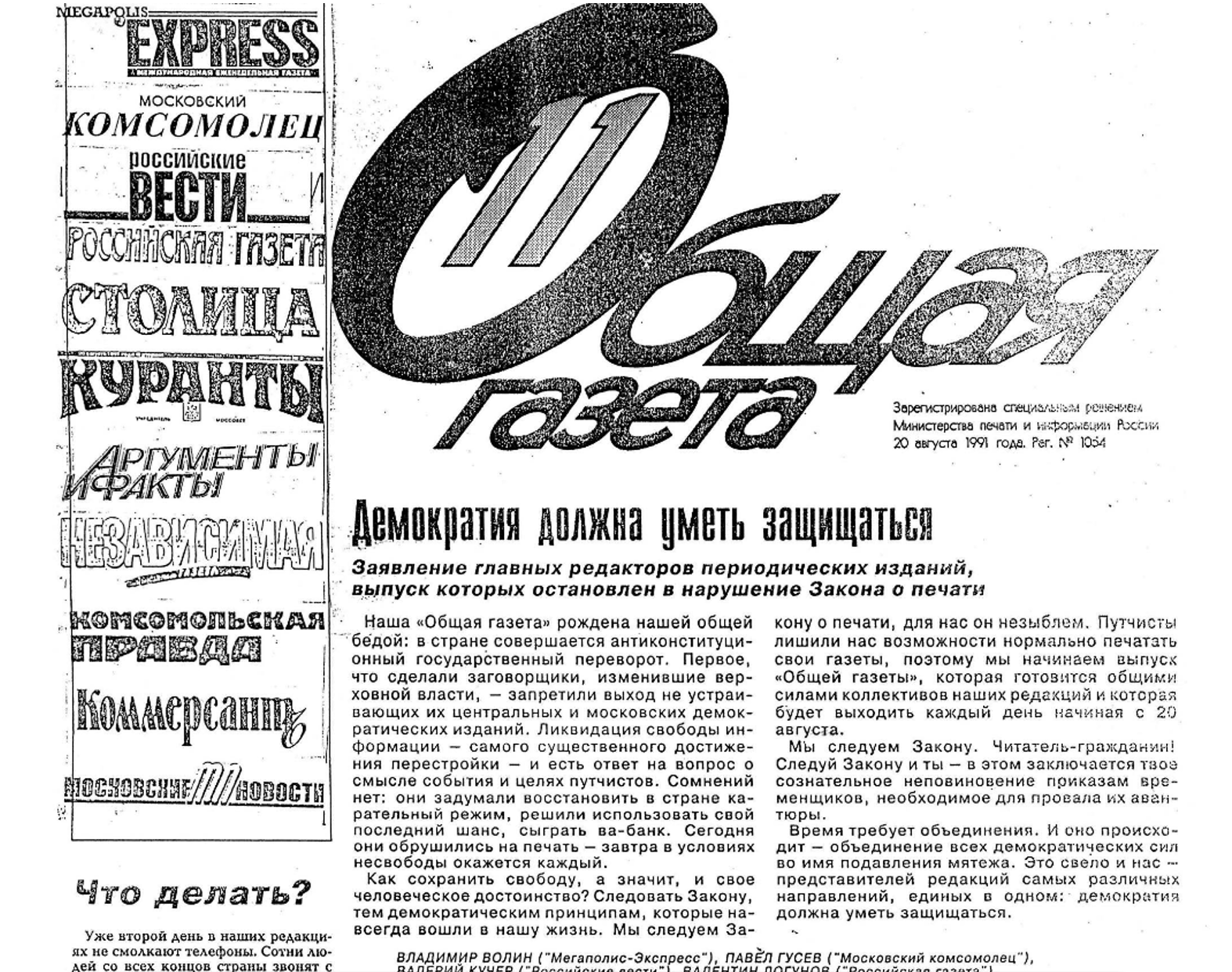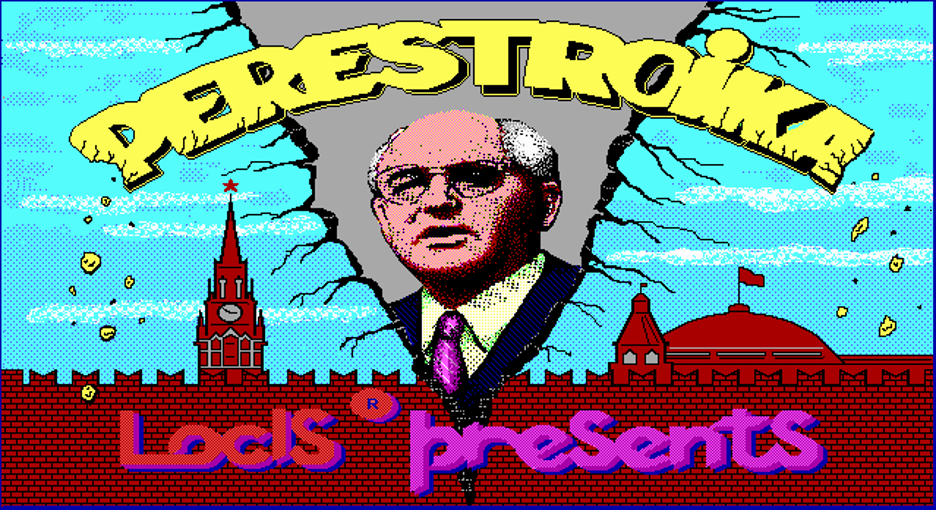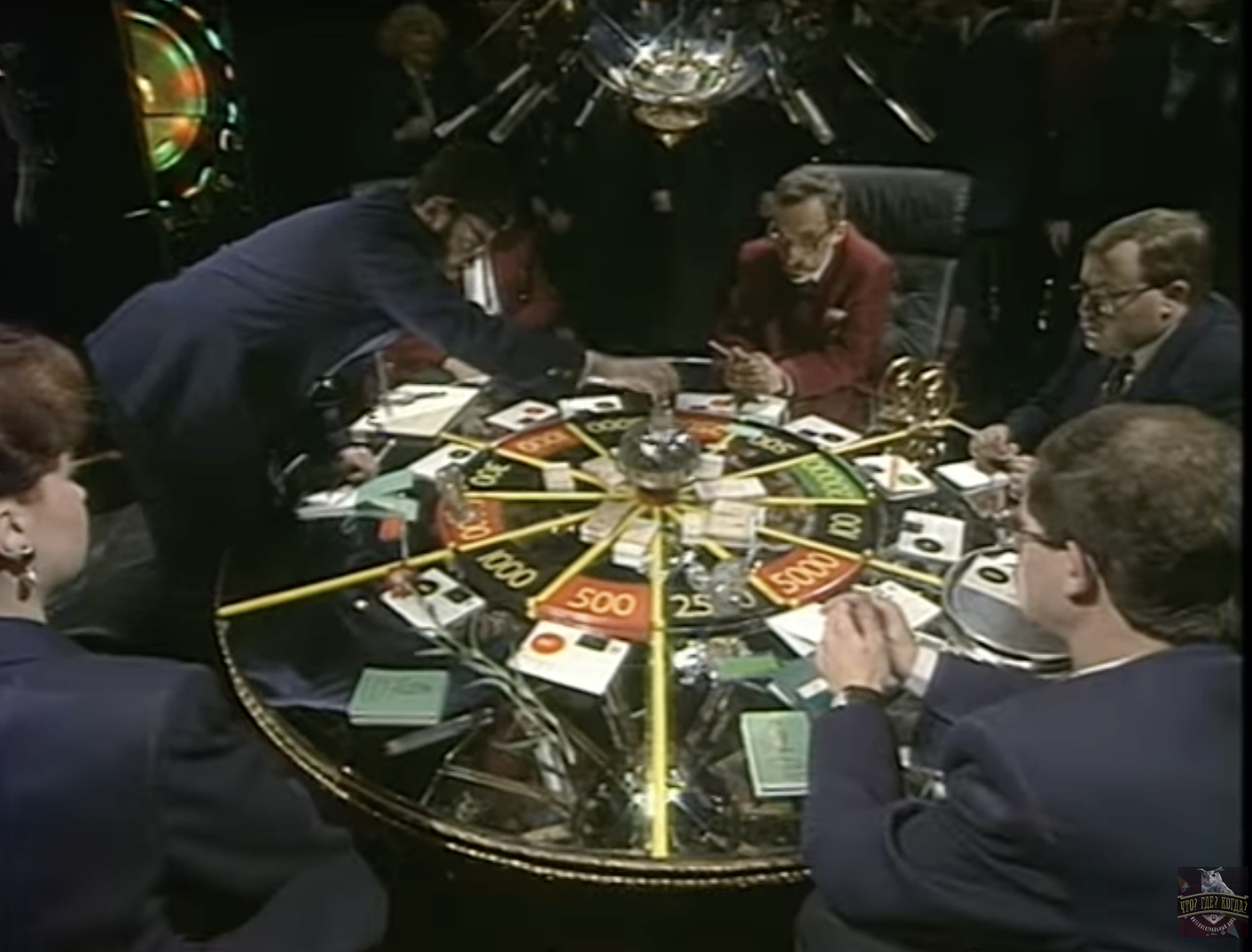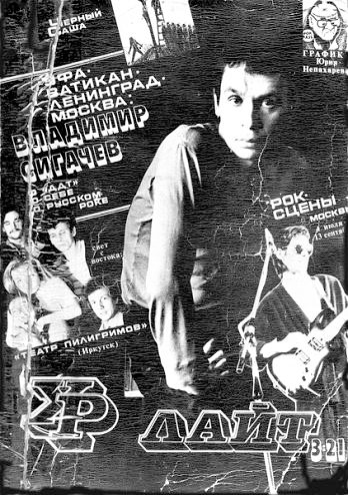An Online Babylon: Vavilon.ru
Vavilon, or Babylon, began as a loose group of young poets brought together by Dmitry Kuzmin in 1988. In the post-Soviet years, the group's almanac, and then website, became a driving force behind some of the most innovative poetry of the 1990s.
Losing the Soviet nation on "KVN"
The winter 1992 opening broadcast of the amateur variety and improv contest show “KVN” (“the Club of the Jolly and Resourceful”). Filmed just a few months after the dissolution of the USSR, the episode features former Soviet university teams lamenting the new national borders appearing all around them.
Nikita Skripkin and Locis Studio's "Perestroika" video game (1990-1998)
Perestroika, the puzzle game based on the eponymous series of late-Soviet political reforms, heralded a new, weird age in Russian gaming in its inexplicable attempt to represent the ongoing political turmoil via the reductive means of traversing colorful islands to prosperity.
The Raspberry Blazer
The origins and significance of the raspberry blazer as an iconic element of the “New-Russian” wardrobe in the early 1990s.
Urlait Music Journal (Samizdat) 1985-1992 (Draft)
Moscow's samizdat music journal, which followed in the footsteps of Lenigrad's Roksi while forging a new journalistic style. The journal positioned itself to in many ways reject the Leningrad scene. Despite Moscow-based bands generally leaning towards a more avant-garde, art-rock aesthetic, Urlait made a point to promote so-called "national rock." According to Urlait's founder I. Smirnov, bands like DDT, DK, and Oblachnyi Krai (Yuri Loza) were said to be "oriented towards national problems, in opposition to estrada and the confluence of Western and domestic cultural traditions."
View Artifact
